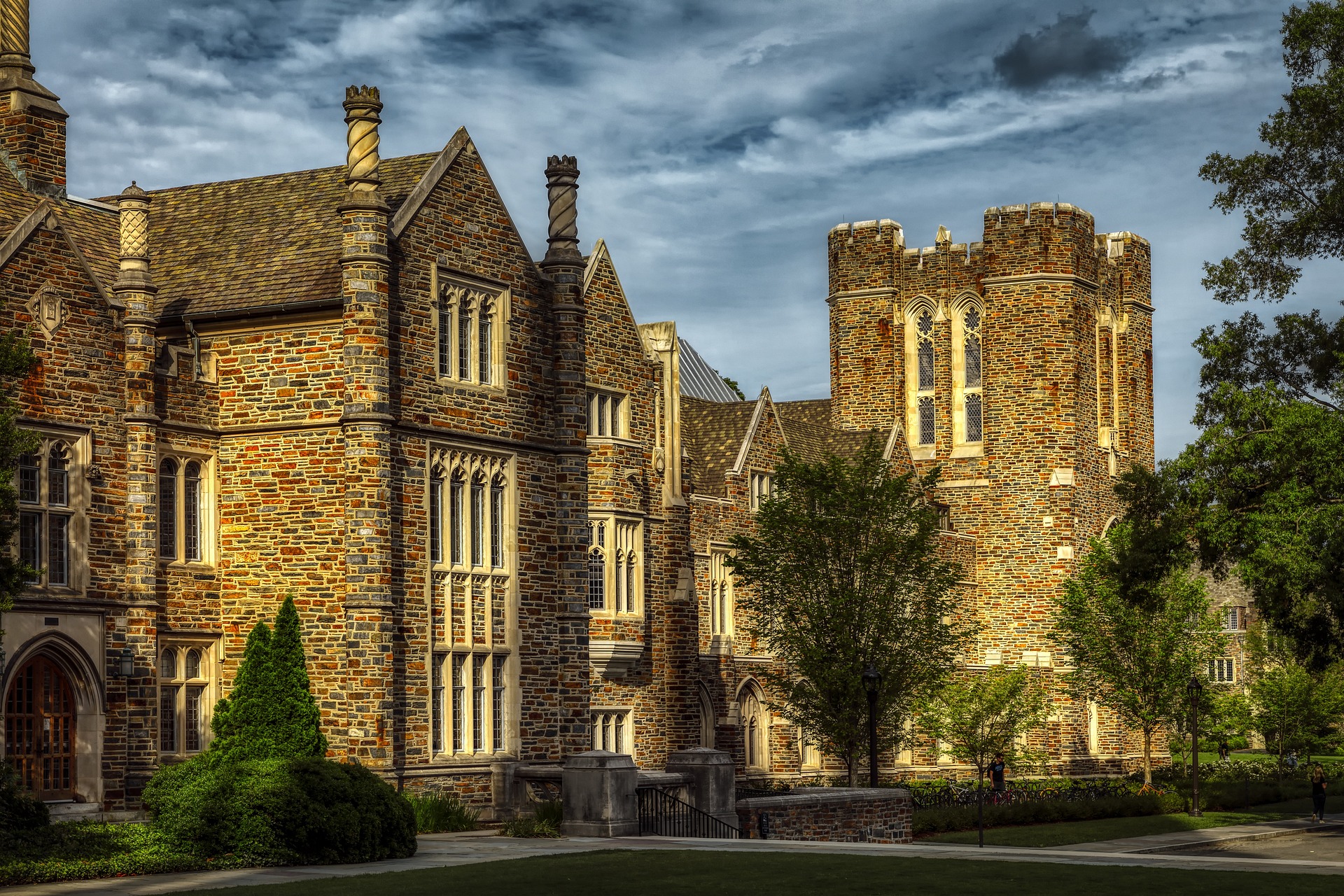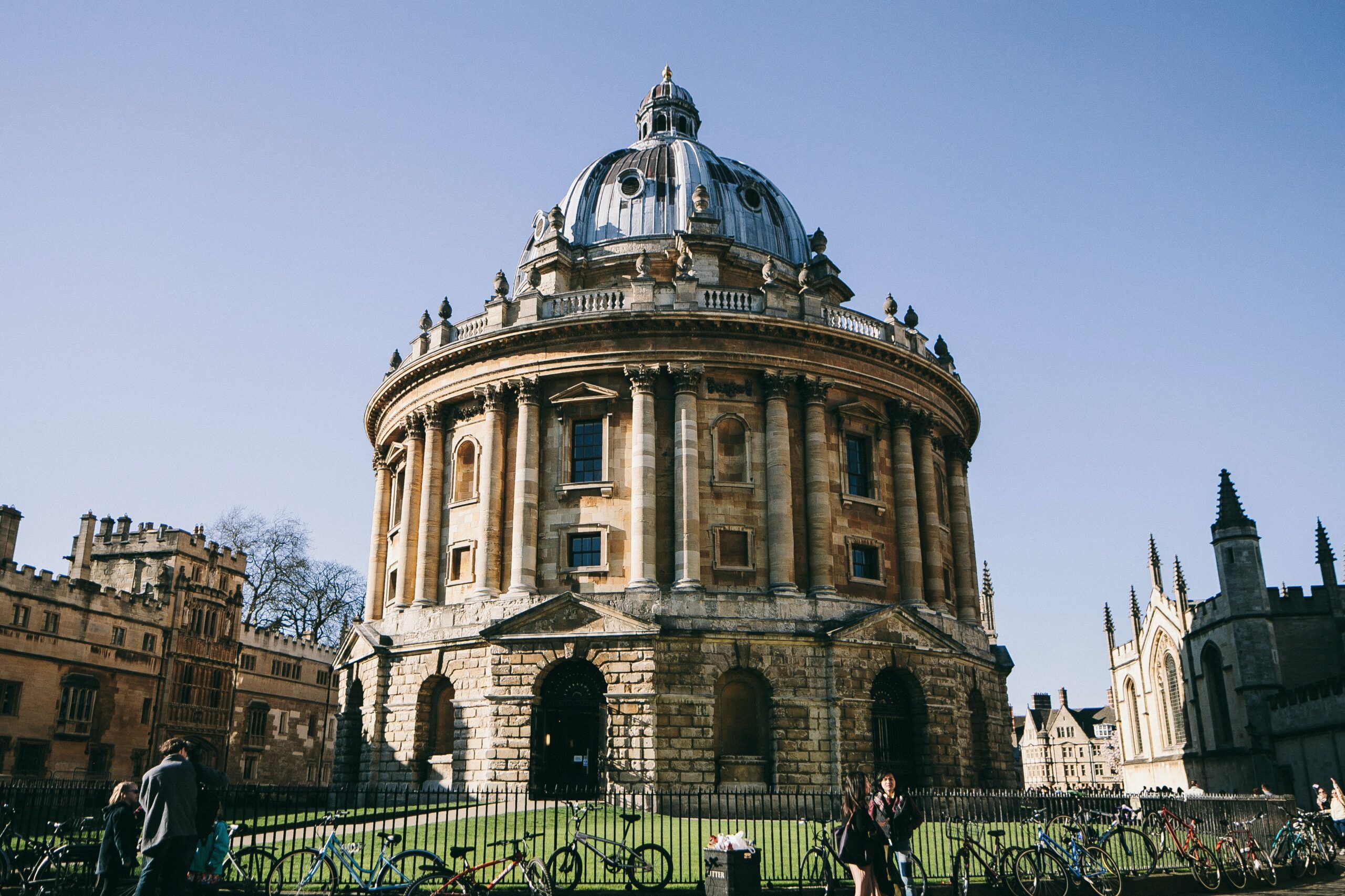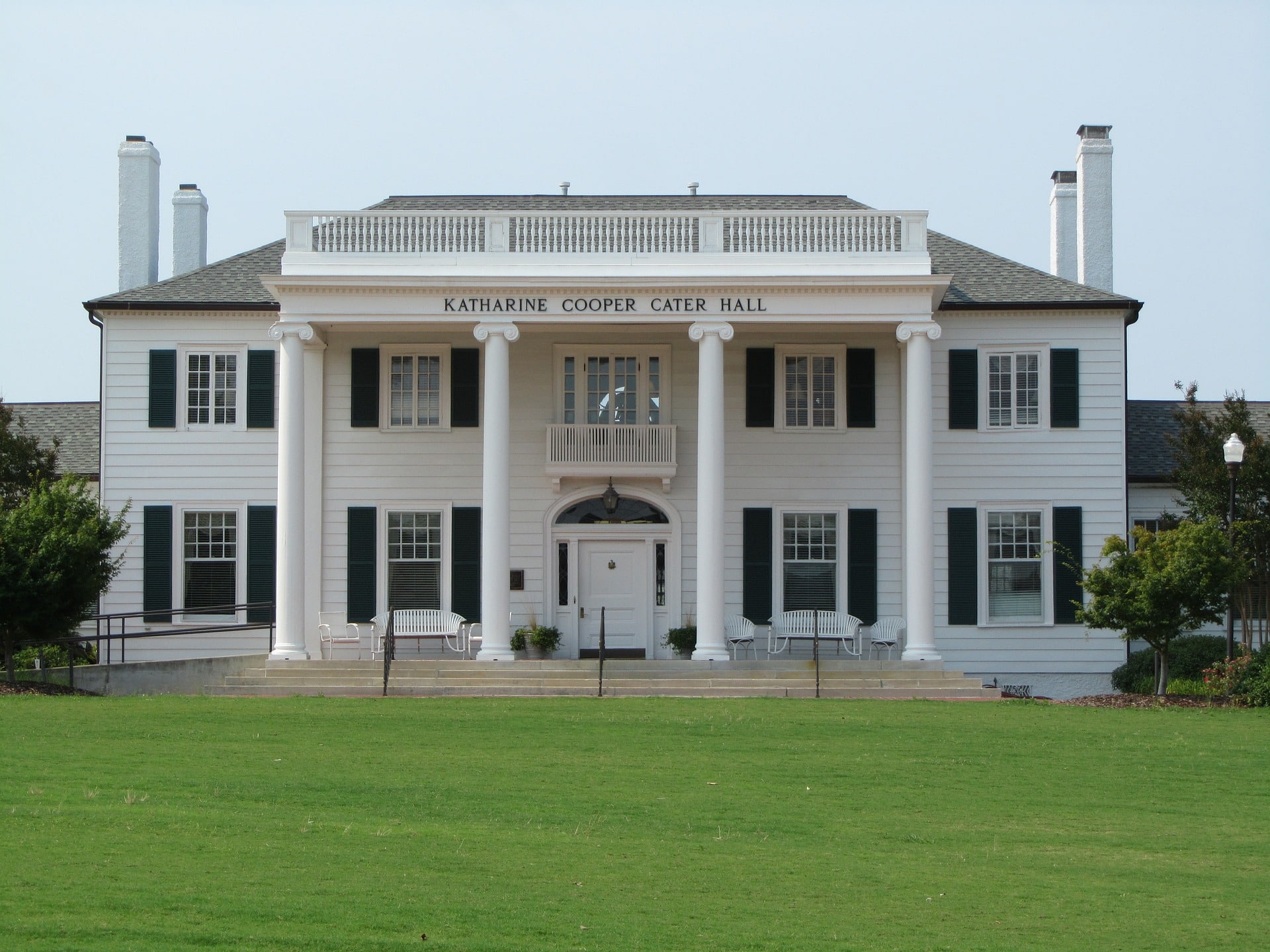Breaking Down the Numbers: What You Need to Know About McGill Medical School’s Acceptance Rate

McGill Medical School is one of the most prestigious medical schools in Canada. It is known for its rigorous academic program and excellent faculty. Thousands of students apply to McGill Medical School every year, hoping to be accepted into this highly competitive program. However, with an acceptance rate of just 6.9%, getting accepted into McGill Medical School is no easy feat.
In this article, we will explore the factors that affect the McGill Medical School Acceptance Rate and provide tips on increasing your chances of acceptance. We will also look at the different eligibility categories for applicants: Quebec residents, Canadian citizens, permanent residents (outside of Quebec), International applicants, and Indigenous applicants. Whether you are a Quebec resident or an international student, we will provide the information you need to know to increase your chances of being accepted into McGill Medical School.
Admissions Requirements

If you’re interested in applying to McGill Medical School, it’s important to understand the admissions requirements. The admissions process is highly competitive, so it’s important to ensure that you meet all the requirements before submitting your application.
Academic Scores
Academic scores are an essential part of the admissions process for McGill Medical School. The minimum GPA requirement is 3.0 on a 4.0 scale. However, remember that the average GPA of accepted students is typically much higher.
In addition to GPA, the admissions committee also considers the R score for Quebec applicants. The R score is calculated based on your academic performance in the final year of high school and the first year of CEGEP. The minimum R score requirement for Quebec applicants is typically around 34.5.
MCAT Scores
The Medical College Admission Test (MCAT) is another important factor in the admissions process. The minimum MCAT score requirement for McGill Medical School is typically around 125 in each section, with an overall score of at least 500. However, remember that the average MCAT score of accepted students is typically much higher.
Non-Academic Selection Tools
In addition to academic scores, the admissions committee also considers non-academic selection tools. These may include:
- Casper Test: This online situational judgment test assesses your non-academic skills, such as communication, empathy, and problem-solving.
- Personal Statement: This is an opportunity to showcase your passion for medicine and explain why you’re a good fit for McGill Medical School.
- Extracurricular Activities: The admissions committee also considers your involvement in extracurricular activities, such as volunteering, research, or leadership positions.
It’s important to note that the admissions requirements may vary depending on your applicant category. For example, Quebec residents may have different requirements than Canadian or international applicants. Check the specific requirements for your applicant category before submitting your application.
Overall, the admissions process for McGill Medical School is highly competitive, so it’s important to ensure that you meet all the requirements and submit a strong application.
Application Process

Applying to McGill Medical School can be daunting, but with the right information, you can navigate it successfully. Here is a breakdown of the application process to help you get started.
Admissions Data
Before you begin your application, it’s important to understand the admissions data for McGill Medical School. The acceptance rate for the program is highly competitive, with an overall success rate of 6.9%. Quebec residents have a slightly higher success rate of 11.5%, while international students face tougher competition, with an average of 1,035 applications and only 119 spots available.
The average GPA of interviewed candidates is 3.9, and the minimum MCAT score required is 508-509 (if applicable). Remember that these are just averages; meeting them does not guarantee acceptance.
Invitation to Interview
You may be invited for an interview if your application is competitive enough. The interview process is an essential part of the admissions process as it allows the admissions committee to evaluate your communication skills, professionalism, and suitability for the program.
If you receive an invitation to interview, preparing adequately is crucial. The interview typically lasts around 30 minutes, and you’ll be asked questions about your motivation for pursuing medicine, experiences, and future goals. Research the school and its values, and practice answering common interview questions.
Overall, the application process for McGill Medical School is highly competitive, but with the right preparation and mindset, you can increase your chances of acceptance. Good luck!
Special Pathways
McGill Medical School offers several special pathways for applicants not meeting traditional admission requirements. Here are some of the special pathways:
Med-P
The Med-P program is a special pathway for Quebec residents who have completed their CEGEP diploma and are interested in pursuing a medical career. This program is highly competitive, and only a few spots are available yearly. Students accepted into the Med-P program will complete two years of undergraduate studies at McGill before starting medical school.
Joint Programs
McGill Medical School offers several joint programs in collaboration with other universities. These joint programs provide students with the opportunity to earn two degrees in a shorter amount of time. Some of the joint programs available include:
- MD/Ph.D.: This program is designed for students interested in pursuing a career in medical research. Students will complete their medical degree and a Ph.D. in a related field.
- MD/MBA: This program is designed for students interested in combining medical training with business skills. Students will complete both their medical degree and an MBA.
Quebec-University Stream
The Quebec-University Stream is a special pathway for Quebec residents who have completed their undergraduate degree at a Quebec university. Students who are accepted into this program will have the opportunity to complete their medical degree at McGill. This program is highly competitive, and only a few spots are available yearly.
It is important to note that while these special pathways provide alternative routes to medical school, they are still highly competitive and require strong academic performance and extracurricular activities. Students who are interested in these special pathways should carefully review the admission requirements and application process.
Residency Cohorts
McGill Medical School has different residency cohorts for admission purposes. These cohorts include Quebec residents, Canadian citizens and permanent residents (outside of Quebec), international applicants, and Indigenous applicants. In addition to these cohorts, there are also special cohorts such as the Black Candidate Cohort and the Quebec Oral and Maxillofacial Surgery (OMFS) Cohort.
For Quebec residents, the admission process is highly competitive, with a limited number of spots available. The program seeks to admit students committed to practicing medicine in Quebec. Quebec residents are required to take the CASPer test, and their R score is used to determine their eligibility for an interview. The R score is a weighted average of their high school grades and standardized test scores.
Canadian citizens and permanent residents (outside of Quebec) are also eligible to apply to McGill Medical School. These applicants must take the MCAT and submit their scores as part of their application. The MCAT score is used to determine their eligibility for an interview. The average MCAT score for successful applicants is around 508-509.
International applicants are also welcome to apply to McGill Medical School. However, the admission process for international applicants is highly competitive, with a limited number of spots available. International applicants must take the MCAT and submit their scores as part of their application. The average MCAT score for successful international applicants is around 508-509.
Indigenous applicants are also eligible to apply to McGill Medical School. These applicants are encouraged to apply through the Indigenous Applicant Cohort. The program seeks to admit Indigenous students committed to practicing medicine in Indigenous communities. Indigenous applicants must take the CASPer test, and their application is assessed based on their academic achievements, extracurricular activities, and personal characteristics.
Special cohorts include the Black Candidate Cohort and the Quebec Oral and Maxillofacial Surgery (OMFS) Cohort. These cohorts are designed to increase the diversity of the medical school and provide opportunities for underrepresented groups. The Black Candidate Cohort seeks to increase the representation of Black students in medical school. In contrast, the Quebec OMFS Cohort seeks to increase the number of Quebec residents pursuing a career in OMFS.
Overall, the admission process for McGill Medical School is highly competitive, with a limited number of spots available. However, by understanding the different residency cohorts and their requirements, applicants can increase their chances of being accepted into the program.
Campus and Location
McGill University’s Faculty of Medicine is in Montreal, Quebec, Canada. The campus is in the heart of Montreal, a vibrant and culturally diverse city. The Faculty of Medicine is divided into two campuses: the downtown campus and the Outaouais campus.
The downtown campus is in the heart of Montreal, close to many of the city’s hospitals and research centers. The campus is home to the Faculty of Medicine’s administrative offices and medical education and research facilities.
The Outaouais campus is located in the nearby city of Gatineau, Quebec, just across the Ottawa River from the Canadian capital of Ottawa. This campus is home to the Faculty of Medicine’s regional medical education program, which provides medical education to students from the Outaouais region of Quebec.
Both campuses offer state-of-the-art medical education and research facilities, including lecture halls, laboratories, and clinical simulation centers. The downtown campus is also home to the McGill University Health Centre, one of Canada’s leading academic health centers.
In addition to its world-class medical facilities, McGill University’s campus in Montreal offers students a rich and diverse cultural experience. The city is known for its vibrant arts and music scene and many museums, galleries, and cultural events. With its beautiful parks, historic architecture, and diverse neighborhoods, Montreal is a great place to live and study.
Academic Program
McGill Medical School offers a four-year program leading to a Doctor of Medicine and Master of Surgery (MD, CM) degree. The program is designed to provide students with a comprehensive understanding of the biomedical and clinical sciences and the skills necessary to become competent and compassionate physicians.
The curriculum is divided into three phases: the Foundations of Medicine, the Clinical Clerkship, and the Transition to Practice. During the Foundations of Medicine phase, students learn basic science concepts and develop clinical skills through small-group learning, lectures, and laboratory sessions. The Clinical Clerkship phase provides students hands-on clinical experience in various settings, including hospitals, clinics, and community health centers. The Transition to Practice phase prepares students for residency training and independent practice through a combination of electives, advanced clinical skills training, and career planning workshops.
McGill Medical School also offers a variety of joint degree programs, including MD/Ph.D., MD/MBA, and MD/MPH. These programs allow students to pursue their research, business, and public health interests while completing their medical training.
In addition to the core curriculum, students can participate in research projects under the guidance of experienced faculty members. Admissions committees value research experience and can help students stand out during application.
Overall, the academic program at McGill Medical School is rigorous and demanding, rewarding and fulfilling. With dedicated faculty members, state-of-the-art facilities, and a supportive learning environment, students have the resources to succeed in their medical careers.
Community Service and Extracurricular Activities
Community service and extracurricular activities are important factors considered during the admissions process at McGill Medical School. Participating in these activities shows the admissions committee that you are a well-rounded individual committed to making a difference in your community.
Volunteering is a great way to gain experience in the healthcare field while also giving back to your community. You can volunteer at hospitals, clinics, and other healthcare organizations to gain hands-on experience and learn more about the healthcare industry. This experience will not only show your dedication to the field, but it will also help you develop important skills such as teamwork, communication, and leadership.
Extracurricular activities such as sports, music, and art can also be beneficial when applying to McGill Medical School. These activities show that you have a well-rounded personality and can handle medical school demands while maintaining a healthy work-life balance. Participating in these activities can help you develop important skills such as time management, discipline, and perseverance.
When listing your community service and extracurricular activities on your application, provide specific details about your involvement. This can include the number of hours you spent volunteering, your leadership roles, and any awards or recognition you received. These details will help the admissions committee understand the depth and breadth of your experiences.
Overall, community service and extracurricular activities can play a significant role in your acceptance to McGill Medical School. You can increase your chances of being accepted into this highly competitive program by demonstrating your commitment to your community and your ability to balance multiple responsibilities.
Acceptance Rates and Rankings

McGill University is a highly respected institution that offers a range of programs, including medicine. As such, the acceptance rate for the medical school is highly competitive. According to MasterStudent, the acceptance rate for McGill medical school in 2021 was 5.81%. Out of 3,695 undergraduate applicants, only 215 were accepted into the program. However, it is essential to note that the acceptance rate for applicants who applied from outside of Quebec is significantly smaller at 0.9%. Of the 1,325 applicants who applied, only 12 were admitted to the program.
When it comes to rankings, McGill University is highly regarded. It is consistently ranked as one of the top universities in Canada. According to the latest data, McGill University is ranked #2 in Canada and #31 globally by the 2022 QS World University Rankings. Additionally, the university is ranked #3 in Canada and #42 globally by the 2022 Times Higher Education World University Rankings.
It is important to note that acceptance rates and rankings can vary depending on several factors, such as the program, the applicant’s background, and the number of applicants in a given year. As such, it is always important to research and understand the specific requirements and expectations of the program you are interested in.
Overall, while the acceptance rate for McGill medical school is highly competitive, it is not impossible to get accepted. With hard work, dedication, and a strong application, you can increase your chances of being accepted into this highly respected program.
Final Thoughts on McGill Medical School Acceptance Rate
McGill Medical School is one of Canada’s most prestigious medical schools, with a highly competitive acceptance rate. In 2023, the acceptance rate was 6.9%, making securing a spot in the program challenging. However, if you are determined and committed, you can increase your chances of acceptance.
To increase your chances of acceptance, you must have a strong academic background, a high GPA, and a competitive MCAT score. Additionally, you need to have relevant extracurricular activities, research experience, and clinical exposure. These factors can help you stand out from the competition and demonstrate your passion for medicine.
It is worth noting that the acceptance rate varies depending on the residency category. For instance, the acceptance rate for Quebec residents is higher than that of international applicants. Therefore, it is essential to understand the eligibility requirements and the admission process before applying.
According to the McGill Medical School admissions statistics, the Global Total Interviewed for the Quebec, Canadian, and International residency cohorts was 1,633 in 2023. The number of canceled applications was not disclosed.
McGill Medical School is a public research institution offering exceptional medical education. The curriculum is designed to provide students with a strong foundation in basic and clinical sciences and hands-on experience in clinical settings.
Accepting McGill Medical School requires hard work, dedication, and a strong academic background. By taking the necessary steps to prepare yourself, you can increase your chances of acceptance and pursue your dream of becoming a physician.



